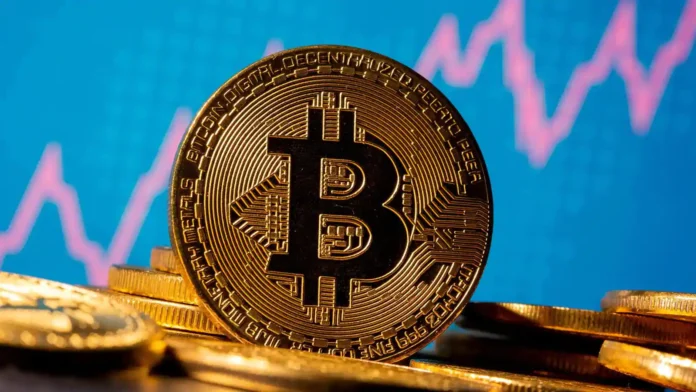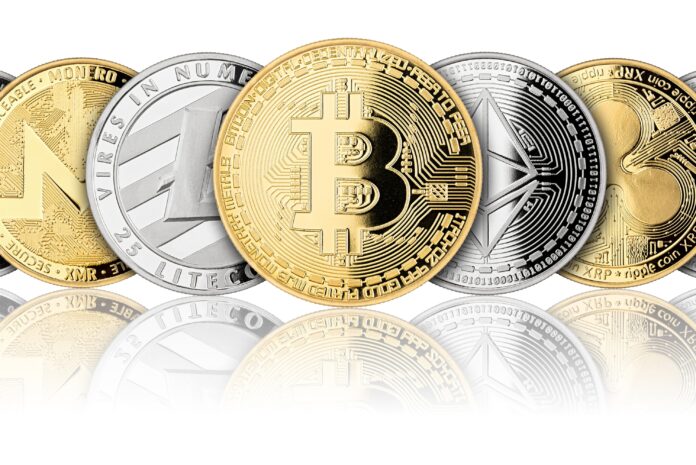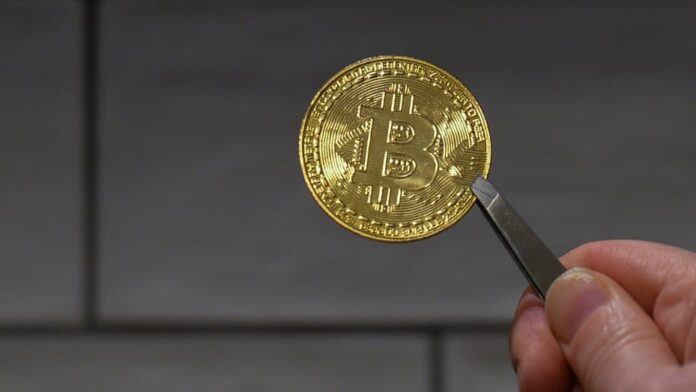
Today, we have to strike the right balance between being proactive and protecting against excessive risk. The nature of cryptocurrency has opened up a whole new world with enormous risks and phenomenal opportunities. Governments need to intervene to protect citizens against fraud, but they must do so in a smart way that doesn’t discourage innovation in the digital asset space.
What is cryptocurrency?
A cryptocurrency is a digital asset designed to work as a medium of exchange that uses strong cryptography to secure financial transactions, control the creation of additional units, and verify the transfer of assets. Cryptocurrencies are classified as a subset of digital currencies and are also classified as a subset of alternative currencies and virtual currencies.
Origins of Crypto
When it comes to cryptocurrency, most people think of Bitcoin. But there are literally thousands of different cryptocurrencies out there, each with its own unique purpose and history. In this blog post, we’re going to take a look at the origins of cryptocurrency and how governments are becoming more involved in the world of crypto.
Cryptocurrency was first conceptualized in the early 1990s by a man named Wei Dai. He proposed the idea of “b-money”, which was an electronic cash system that would be untraceable and impossible to double-spend. However, b-money was never actually implemented.

In 2008, an anonymous person or group known as Satoshi Nakamoto proposed Bitcoin, which is now the most well-known cryptocurrency. Bitcoin is a decentralized peer-to-peer electronic cash system that doesn’t require a central authority to manage it. Transactions are verified by network nodes through cryptography and recorded in a public dispersed ledger called a blockchain.
Since Bitcoin’s inception, hundreds of other cryptocurrencies have been created. Some are very similar to Bitcoin, while others have unique features and purposes. For example, Ethereum is a popular cryptocurrency that allows for smart contracts and other programmable transactions.
What is the role of governments in this?
There is no doubt that cryptocurrency regulation is becoming a hot topic as more and more governments are taking notice of the world of crypto. While some governments have been quick to embrace crypto and blockchain technology, others have been much more hesitant.
So, what is the role of governments in this? Well, it depends on the government in question. Some governments are simply trying to get a better understanding of crypto so that they can make informed decisions about how to regulate it. Others are already taking steps to regulate certain aspects of the crypto world, such as initial coin offerings (ICOs).
It’s still early days when it comes to cryptocurrency regulation, but it’s clear that governments are starting to play a more active role in the world of crypto. Only time will tell how this all plays out, but it’s certainly an exciting time for the world of cryptocurrency.
How governments can regulate cryptocurrencies?

Cryptocurrencies are digital or virtual tokens or digital currencies that are hosted on the blockchain, the engine that powers the ecosystem. Cryptocurrencies are decentralized, meaning they are not subject to government or financial institution control. Bitcoin, the first and most well-known cryptocurrency, was created in 2009.
The decentralized nature of cryptocurrencies has made them difficult for governments to regulate. However, as cryptocurrencies have become more popular and their price has increased, governments have become more involved in the world of crypto.
Governments have taken various approaches to regulate cryptocurrencies. Some countries, like China, have banned cryptocurrencies altogether. Others, like the United States, have taken a more hands-off approach, allowing cryptocurrency trading but preventing Initial Coin Offerings (ICOs) from taking place within their borders.
The different approaches to regulation show that there is no one-size-fits-all solution when it comes to governing cryptocurrencies. The best way forward may be for governments to work together to develop a cohesive regulatory framework. In the meantime, it will be interesting to see how different countries approach the regulation of this rapidly evolving industry.
The difference between ICO and trading
When it comes to cryptocurrency regulation, there is a lot of confusion out there about what is allowed and what isn’t. One of the biggest questions has to do with the difference between ICOs and trading.

ICOs, or Initial Coin Offerings, is a way for companies to raise money by selling tokens or coins that can be used on their platform. This is similar to how a company might sell stocks in an IPO. Trading, on the other hand, is simply buying and selling on a spot exchange or with the use of leverage in crypto which is the reason for the booming derivatives market.
So, what’s the difference? Well, for one thing, ICOs are often unregulated while trading is usually regulated by governments. This means that there is more risk involved in investing in an ICO. Trading also tends to be more stable since the prices are set by the market.
However, both ICOs and trading can be risky investments. It’s important to do your research before investing in anything. And always remember that you should never invest more than you can afford to lose.
Regulations on crypto exchanges
The calls for regulation of cryptocurrency exchanges have intensified in the aftermath of Bitcoin’s price surge and subsequent crashes. South Korea, one of the hottest markets for Bitcoin and other digital assets, is leading the charge with a proposed bill that would give the government power to shut down cryptocurrency exchanges. The bill is still in its early stages, but it indicates a shift in attitude toward crypto regulation from South Korean officials.
Other countries have also been stepping up their efforts to regulate cryptocurrency exchanges. Japan has implemented a licensing system for crypto exchanges, and China has banned them outright. The United States has yet to take any major action on regulating crypto exchanges, but the SEC has begun cracking down on ICOs (initial coin offerings).

As the world of cryptocurrency becomes more mainstream, governments are under increasing pressure to take action on regulating exchanges. While some argue that regulation will stifle innovation, others believe that it’s necessary to protect investors from fraudulent activity. What’s clear is that the debate over crypto regulation is far from over.
Blockchain Projects that are under legal research or investigation by a country’s government
There are a number of blockchain projects that are under legal research or investigation by a country’s government. Here are a few examples:
In China, the central bank is investigating the use of blockchain for cross-border payments.
In the United Kingdom, the HM Treasury is looking into the use of blockchain for tax collection and payment, ment
The Russian government is exploring the use of blockchain for identity verification and anti-money laundering purposes.

The government of Dubai is trialing a blockchain-based system for tracking cargo shipments.
The government of South Korea is testing a blockchain-based system for voting.








